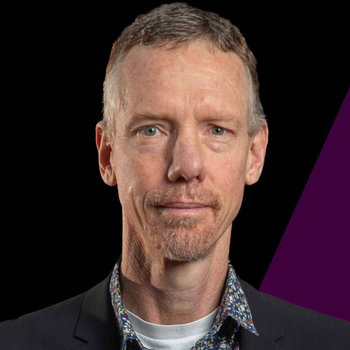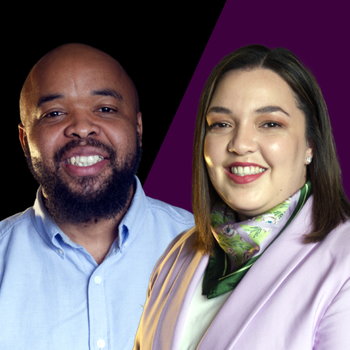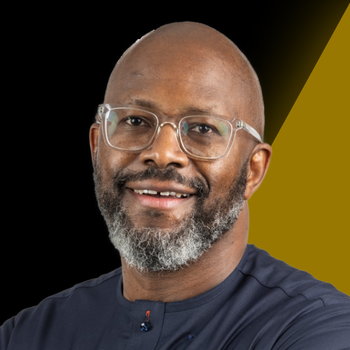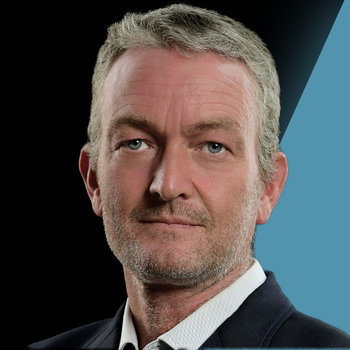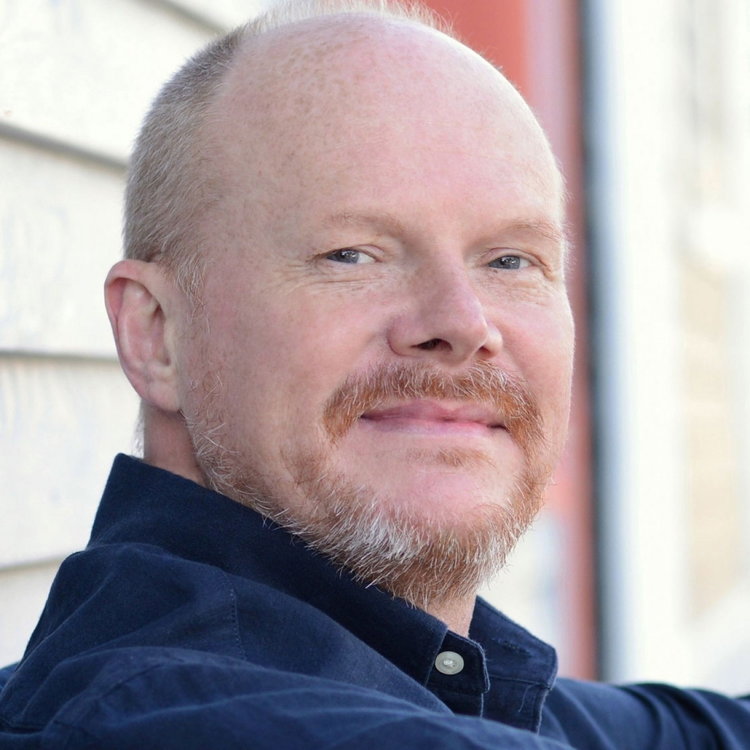
Interview: Telecoms policy expert Steve Song
Loading player...
In this episode of the podcast, TechCentral editor Duncan McLeod has a wide-ranging discussion via the Internet with Steve Song, the Canadian-born telecommunications policy and regulatory expert who has extensive experience in and knowledge of ICT issues in Africa.
Song, who founded Village Telco – which builds low-cost mesh networking technologies for use in underserviced areas – and who developed the highly referenced African Undersea Cables map, talks in detail about how South Africa can bridge the digital divide through the right policies and regulations dealing with everything from spectrum to a concept called “universal basic Internet”.
He provides his views on government’s plan to create a wholesale open-access network – explaining why it’s necessary to proceed with caution on the Woan – and why he believes it’s time to offer a basic level of Internet (up to 64kbit/s) for free to South African consumers.
In the podcast, Song talks about television white-spaces spectrum, the proliferation of subsea telecoms cables serving Africa (and why he needs to find a new way of displaying them on his map), and why openness and transparency in telecoms is important to the industry’s development.
The discussion then turns to the complex subject of network neutrality, which Song supports in broad terms. How should net neutrality apply in the South African context and what should policy makers and regulators be doing in this regard.
It’s a fantastic podcast about a broad range of issues affecting the ICT sector. You do not want to miss it!
Song, who founded Village Telco – which builds low-cost mesh networking technologies for use in underserviced areas – and who developed the highly referenced African Undersea Cables map, talks in detail about how South Africa can bridge the digital divide through the right policies and regulations dealing with everything from spectrum to a concept called “universal basic Internet”.
He provides his views on government’s plan to create a wholesale open-access network – explaining why it’s necessary to proceed with caution on the Woan – and why he believes it’s time to offer a basic level of Internet (up to 64kbit/s) for free to South African consumers.
In the podcast, Song talks about television white-spaces spectrum, the proliferation of subsea telecoms cables serving Africa (and why he needs to find a new way of displaying them on his map), and why openness and transparency in telecoms is important to the industry’s development.
The discussion then turns to the complex subject of network neutrality, which Song supports in broad terms. How should net neutrality apply in the South African context and what should policy makers and regulators be doing in this regard.
It’s a fantastic podcast about a broad range of issues affecting the ICT sector. You do not want to miss it!


